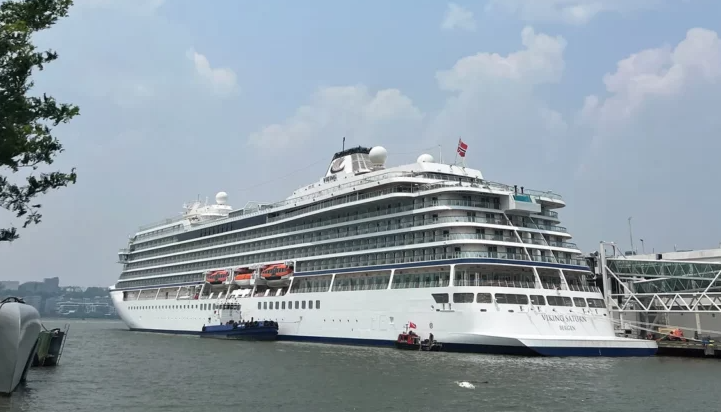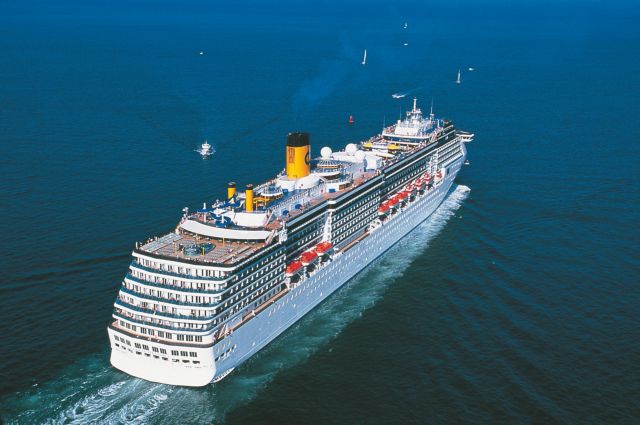Cruise companies express their concerns due to the continuous assaults by Houthi rebels in the Red Sea on international shipping. This is particularly worrisome considering the strategic significance of the Suez Canal as a convenient bypass route, especially for global cruise operations.
George Koubenas, President of the Union of Cruise Ship-owners and Maritime Agencies, speaking to the Athens-Macedonian News Agency (AMNA), underlined the necessity for ships navigating the Red Sea route to adapt their itineraries for enhanced safety, often choosing Mediterranean destinations like Greece. He forecasted a 10% surge in passenger arrivals in Greece for 2024 compared to the previous year, emphasizing the growing demand that has prompted companies to seek additional ports in the Aegean and Ionian Seas.
Meanwhile, Theodoros Kontes, Director of Majestic Cruises and Honorary President of the Union of Cruise Ship-owners and Maritime Agencies, shed light on the challenge of predicting passenger traffic in the global cruise industry amidst positive signals. He attributed this uncertainty to significant concerns among companies regarding the escalating hostilities in the Middle East.
Recent figures from Greece’s largest port, Piraeus, reveal a notable uptick, with 1,042 reservations for cruise ship arrivals in 2024, marking a substantial 37.11% increase from the previous year. Moreover, the cruise season in Thessaloniki commenced earlier this year, with at least 81 scheduled arrivals at the Macedonian port.
Carnival Corporation, a global leader in the cruise industry, has remained undisturbed by the Red Sea situation, reporting no disruption in booking trends. With no planned crossings in the Red Sea until November 2024, Carnival anticipates its strongest booking position yet for 2024, with stable prices and significantly higher occupancy levels than in 2023. The company reaffirms its unwavering commitment to the safety and well-being of its guests and crew, actively monitoring developments in the Red Sea and surrounding areas.
Source: AMNA




